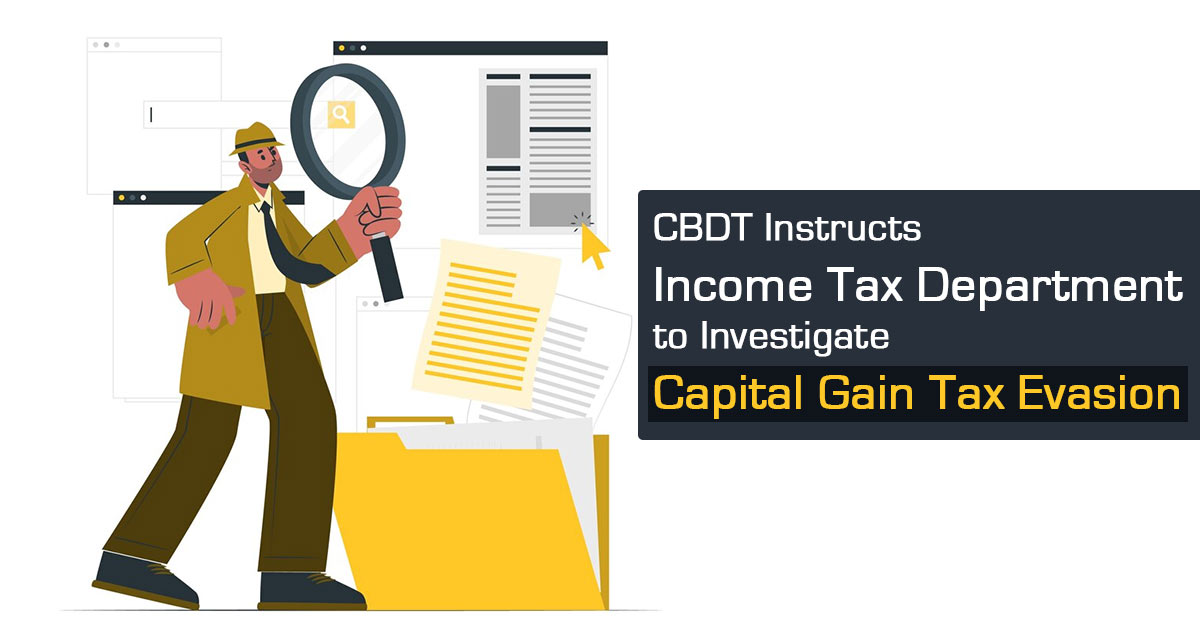
The owners of the land who are in joint development agreements (JDAs) with builders are facing intensified scrutiny for bypassing capital gains taxes.
The Income Tax Department’s investigation wing has been directed by the Central Board of Direct Taxes (CBDT) to review the matter which comprises engaging the individuals and Hindu Undivided Families (HUFs) who have collaborated with the builders in JDAs though may not have filed the capital gains tax, post receiving the completion or occupation certificates for their projects.
The CBDT in an initiative launched at the finish of October has urged that the director generals of the IT investigation agencies in the country compile data on all the properties granted Completion Certificates (CCs) or Occupation Certificates (OCs) during fiscals 2020-21, 2021-22, and 2023-24, as per the report. The same measure has the objective to determine and evaluate the matters in which the tax obligations on the capital gains may have been ignored or evaded with intent.
Property owners Under Section 45(5A) of the Income Tax Act, engaged in the JDAs are mandated to declare and pay the capital tax on the receipt of the completion certificate, which specifies the point at which the gain becomes levied to tax. the tax rate for long-term capital gains is set at 12.5% and for short-term gains, the rates can vary from 10 to 39 percent based on the income bracket of the assessee.
On signing the development agreement the capital gains tax was obligated. The tax statutes in 2017 were revised to mandate the payment on the finish of the project, permitting certain flexibility for the landowners who are facing limited cash flow.
Even after facilitating the same, the reports specify that specific landowners carry on to evade such taxes, specifically via leasing or renting the developed properties without settling their tax liabilities.